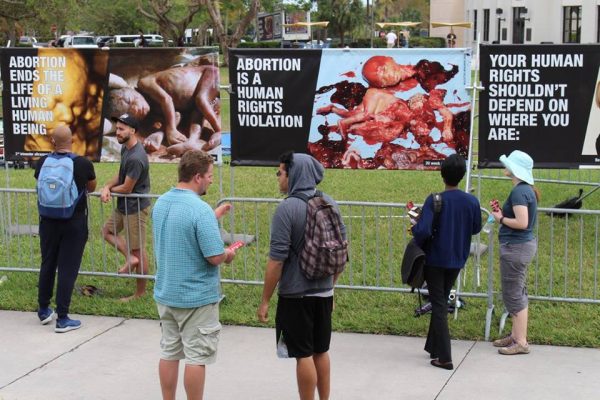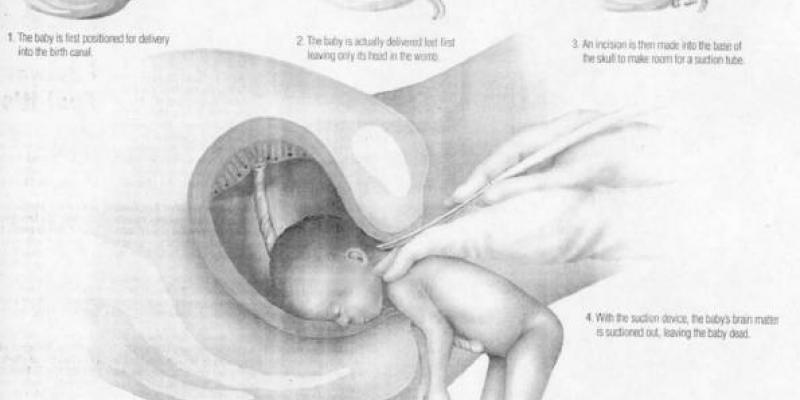FIX ME
HR / my body/choice preamble, but then circumstances > HR > science > personhood > autonomy traditional ordering?
FIX ME
Work on the formatting – circumstances / bodily autonomy / science / personhood
Starting the Conversation on Abortion:
Do You Believe in Human Rights?
With just a few simple questions, we can communicate to people the humanity of pre-born children and the inhumanity of abortion. These questions are often referred to as the “Human Rights Argument.”
- Do you believe in human rights? Who gets them?
- If two human beings reproduce, what species will their offspring be?
- If something is growing, isn’t it alive?
- Doesn’t it logically follow that abortion is a human rights violation?
Most people agree that every human has human rights, so the critical question of the abortion debate is this: who are the pre-born? Are they human beings equal to you and I?
After all, if a pre-born child is not a human being, no justification for abortion is necessary. But if a pre-born child is a human being, no justification for abortion is adequate.
MY BODY, MY CHOICE?
Choice. It is a great slogan to use for marketing or for politics because everyone supports having one. No one wants to be accused of being anti-choice. It’s no surprise, then, that to justify legal abortion, abortion advocates have used the word as their mantra. They argue that abortion is a personal decision that women make about their bodies, and that we should not take away that choice.
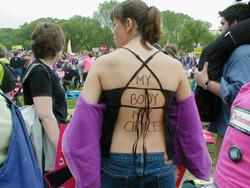
Abortion advocates and anti-abortion advocates can agree that our human rights include rights over our own choices and our own bodies. However, are these rights unlimited?
For example, it’s undeniable that everyone is pro-choice and anti-choice—depending on what is being chosen.
We can generally be pro-choice about what beverage people drink, for instance. Imagine, though, that after drinking several alcoholic beverages, a woman (or any individual) then gets behind the wheel of her car. Would we still support her choice? Should we support and legalize drunk driving as a choice someone makes with their body–or do we try to stop that action, since it could harm the bodies of others?
In the same way, we can all agree that abortion is a choice, but why assume that this justifies legal abortion? Don’t we need to know what kind of choice it is first before we support it?
An abortion advocate may respond that abortion is different from drunk driving because abortion only involves the woman’s body. But is it scientifically accurate to say that pregnancy only involves one body? (Would a pregnant woman have two heartbeats, for instance?) If the body of a second human being is involved, then what happens to that second body during an abortion?
In order to decide whether or not abortion is an ethical choice, we need to first determine whether or not pre-born children are human beings. If they are human beings with their own bodies and their own rights, then “My body, my choice” begins to sound a lot like an argument against abortion.
DIFFERENT CIRCUMSTANCES
Clearly women who choose abortion do so for a variety of different reasons, thus it appears that the abortion debate is quite complicated. People ask questions like, “What about poverty?”
… or finishing one’s education?
… or advancing one’s career?
… or having no support from one’s partner or family?
… or being pressured to abort?
… or being kicked out of one’s home?
… or being too young?
And certainly these circumstances can make the unplanned pregnancy complicated—from an emotional, psychological, relational, or economic perspective. Though these varied circumstances can make the abortion debate appear complicated, really, it isn’t. What the debate is about is whether abortion is an ethical or unethical response to these problems.
Imagine, for instance, that a woman is not living in poverty during pregnancy, but she experiences poverty after her child is born. If she is not financially able to support her newborn, would it be permissible for her to kill her newborn? If not, then why would the same circumstance justify killing her child before birth?
Our society rightly rejects infanticide as a solution to poverty–because we know that newborns are human beings. Whether or not abortion is an appropriate response to difficult circumstances is as simple as determining if the pre-born are human.
Bridging the Gap
When people bring up bodily autonomy or difficult circumstances to justify abortion, there are three steps to use in order to bridge to the central question of the abortion debate: who are the pre-born?
-
Find common ground.
-
People on both sides of the abortion debate can agree that human beings should have choices, especially regarding their own bodies; and we can agree that a crisis pregnancy is just that–a crisis. The challenges can be intense.
-
This step is crucial in building a connection with the person you are talking to, a way of letting the other person know that you are here to listen to their concerns.
-
-
Use an analogy with a born human being.
-
Some refer to this step as “trotting out the toddler,” i.e. taking the same difficult circumstance but inserting a born human being, such as a toddler.
-
Analogies and stories are helpful in communicating the truth to people because they take unfamiliar concepts and place them in a familiar setting. By using an analogy involving a born human being, we can draw out from people a truth that they already believe: namely, that neither “choice” nor difficult circumstances justify killing an innocent human being.
-
-
Ask a question.
-
If our right to choice does not include the right to harm born humans, then why would the right to choice gives us the right to kill pre-born humans? Similarly, if a difficult circumstance such as poverty does not justify killing born humans, then why would that same circumstance justify killing pre-born humans?
-
Read more about the importance of questions in the context of pro-life dialogue.
-
What about rape?
Although abortions from pregnancy caused by sexual assault are very rare, this question comes up frequently in discussions about abortion. When someone asks, “What about rape?”, their first question is not, “Are the pre-born human?” They are wondering: are you human? Do you have compassion for a woman who has been violently assaulted? And so, when we are discussing abortion in the case of rape, it is crucial that we express compassion for those who have been a victim of such a horrible crime.
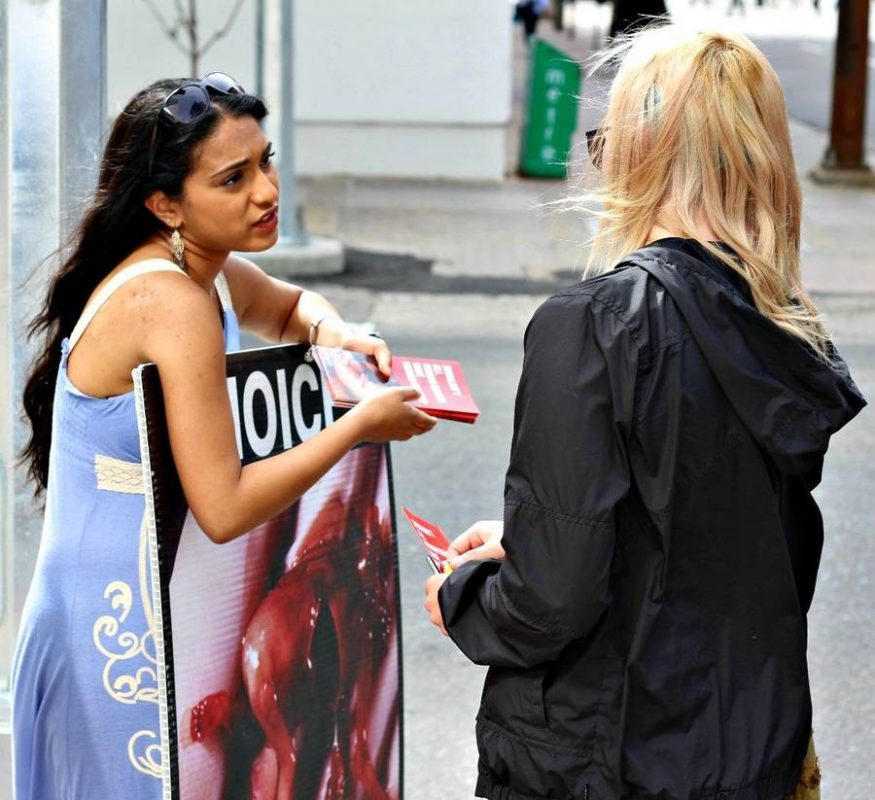
“After discussing the humanity and human rights of the pre-born, the woman looked at me and said, ‘What about those girls who have been raped? Should we force them to have the kid of their rapist?’ We both agreed that no woman should have to experience something as horrible as sexual assault, and that we must do everything we can for the victims that do. I said, ‘I believe that we as a society need to surround that women with care, love, and support to help her work through that traumatic experience. And I believe that rapists should be thrown in jail and punished to the extent of the law.’ I then said, ‘However, in a country where we don’t even give the death penalty to the guilty rapist, how is it fair to give the death penalty to the innocent child? Should we ever try to fix a human rights violation by committing another, or shouldn’t we try to do our best to love them both?’ She thanked me for the enlightening conversation and left completely pro-life.”
By using common ground, analogies, and questions, you can “bridge the gap” to the question we want to highlight: are pre-born children human beings? The pro-life position is very simple: Human beings have human rights. Human rights should begin when a human being’s life begins. And science tells us when a new human beings begins: at fertilization.
the science of when life begins:
Do humans reproduce other living humans?
Fertilization
There is no debate about when a dog becomes a dog. Scientists agree that its life begins at fertilization. They know that any organism that reproduces sexually begins its life at this point. So it is with our own species: a unique, whole, living human being comes into existence at fertilization. Drs. Keith Moore and T. Persaud’s embryology textbook, used by medical students at the University of British Columbia, confirms this:
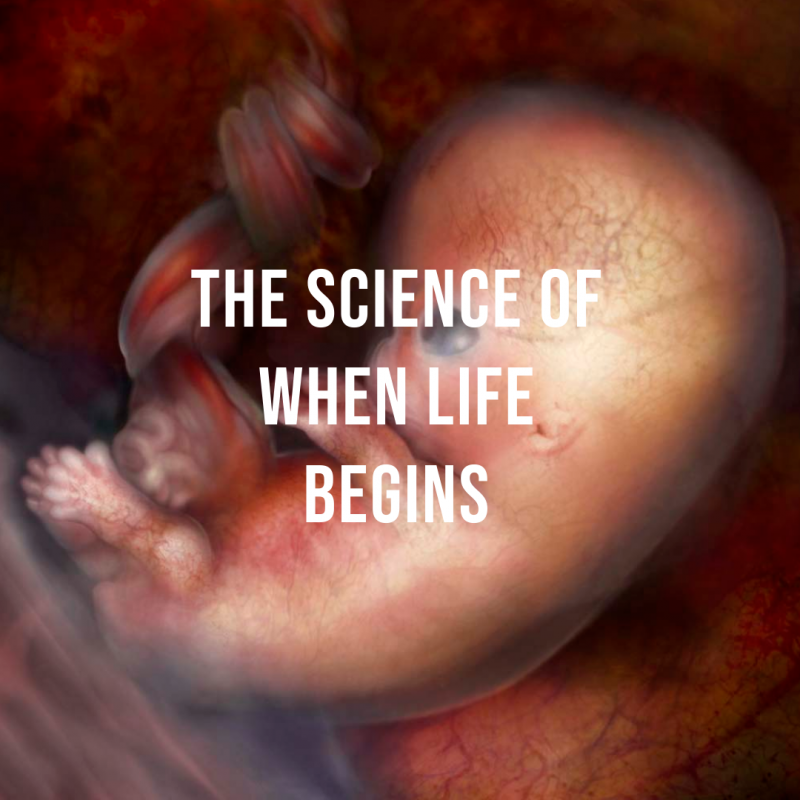
“Human development begins at fertilization when a sperm fuses with an oocyte to form a single cell, the zygote. [This] marks the beginning of each of us as a unique individual.”
“From this moment, [the pre-born child] begins a lifelong process of self-directed growth and development, continuing to develop a more and more mature body. In other words, from fertilization, [the pre-born child] has everything necessary to continue to proceed through the full series of human developmental stages, changing only in her appearance, but not in her humanity. Like all other human beings, she simply needs nutrients, a supportive environment and time to mature.” – NCLN’s QA Project
Dialogue about fertilization:
Before, at, or after?
FIX ME wording
Besides referring to experts in embryology, we can also consider for ourselves the “options” for when human life begins. Does human life begin before fertilization, at fertilization, or some time after?
Before fertilization?
-
If you take a sperm cell, and give it what it needs to live – nutrition, a safe environment – and wait 1 year, or 15 years, what will happen? You will still have a sperm cell.
-
If you take an egg cell, and give it what it needs to live – nutrition, a safe environment – and wait 1 year, or 15 years, what will happen? Again, you will still have an egg cell.
-
In contrast, if you take a zygote, and give her what she needs to live – nutrition, a safe environment – and wait 1 year, or 15 years, what will happen? You will have an infant, or a teenager.
-
A gamete has 23 chromosomes, while a zygote has a complete set of DNA. A gamete stays a gamete until the transformation of fertilization. A zygote, in contrast, continues to grow older, into a blastocyst, an embryo, a fetus, a newborn, an infant, a toddler, etc. A gamete is a human part, while the embryo is a human whole. We know the difference between a human part and a human whole.
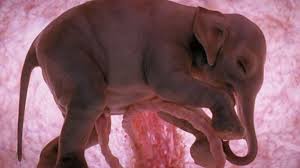
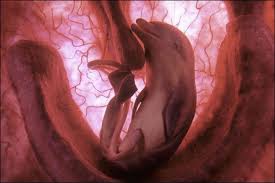
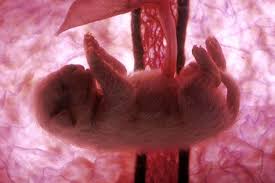
“It’s not a human being, it’s just a fetus!”
If someone argues that pre-born children are not human beings but are “just fetuses”, we can ask a question: “What kind of fetus?”
The word fetus is not a species-specific term. Pregnant dogs carry dog fetuses; pregnant dolphins carry dolphin fetuses. If a human being is pregnant, what species of fetus would she be carrying?
Furthermore, the word “fetus” is actually Latin for “offspring” or “young one”. It is an age-range term that tells us how old something is, not what something is. Saying “that’s not a human, that’s just a fetus!” would be like pointing at a 3-year-old and saying “That’s not a human being, that’s just a toddler!”
After fertilization?
-
Imagine you see a 2-year-old girl walking down the street, and you had never seen her before. Would you assume that her life began at that moment? Of course not! We know that 2 years earlier, she was born.
-
And where did that newborn girl come from? She was not brought by the stork; she was delivered from her mother’s body, at birth. The newborn infant grew from an earlier version of herself–namely, the fetus.
-
Will a late-term fetus magically appear in a woman’s womb? Of course not! The fetus grew and matured from an earlier version of herself, namely, the embryo.
-
Similarly, did that woman instantly become pregnant with a 6-week-old embryo, who has detectable brain waves and a beating heart? No–again, the embryo developed from an earlier version of herself.
-
Six weeks previously, what happened? Didn’t that embryo come to be as a result of the sperm fertilizing the egg?
-
And whereas the sperm and egg–by themselves–will never develop into a toddler or teenager, won’t that single-celled human zygote develop into a toddler and teenager? Tiny as she is, she is a human whole who will self-direct her own growth. Consider the words of embryologist Dr. Maureen Condic:
“The zygote acts immediately and decisively to initiate a program of development that will, if uninterrupted by accident, disease, or external intervention, proceed seamlessly through formation of the definitive body, birth, childhood, adolescence, maturity, and aging, ending with death.”
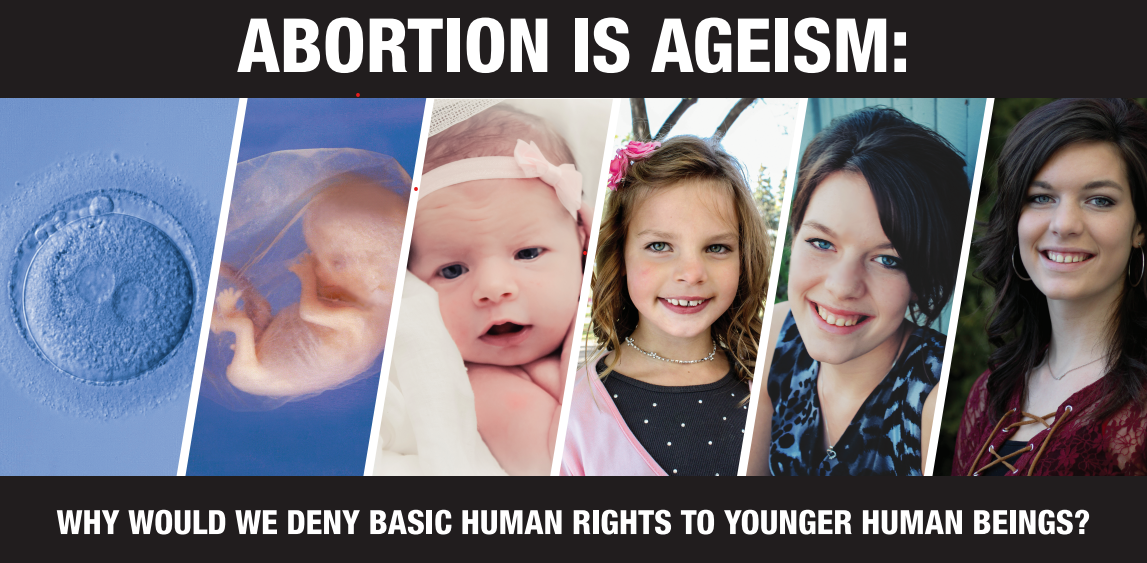
Personhood:
Do all humans have human rights?
SLED: What’s the difference?
FIX ME condense and polish
Some people may agree with you that, scientifically, pre-born children are human beings like you and I. However, many abortion supporters will still argue that the pre-born are not equal to born human beings–that is, that they are not persons. They claim that since the pre-born cannot think or behave like those who are born, abortion is acceptable because it merely kills “non-persons.” These individuals will point out that the pre-born differ so much from the born.
How? What are some of the ways that pre-born humans differ from born humans? All of these differences break down into four basic categories, into the acronym SLED:
-
Size
-
Level of Development
-
Environment
-
Degree of Dependency
We should ask two questions:
-
Do these differences only exist before birth, or do they continue after birth too?
-
Do any of these differences determine whether or not someone should have basic human rights, like the right to life?
Let’s examine the categories:
Size:
An embryo is far smaller than an infant, but similarly, an infant is far smaller than a teenager. And, does how big you are determine whether or not you have basic human rights? Bigger humans don’t have more of a right to life than smaller humans.
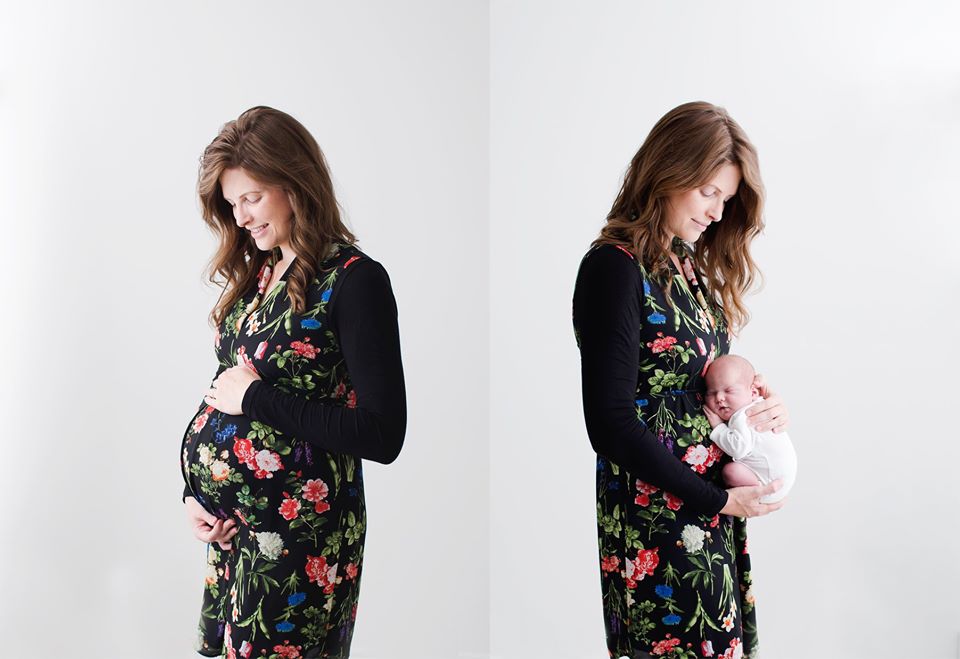
Level of Development:
Embryos and fetuses are undoubtedly less developed than newborn babies. But aren’t newborns also less developed than toddlers, and toddlers less developed than teenagers? Aren’t some adult humans less cognitively or physically developed because of factors like disability? And why should our level of development matter when it comes to whether or not we get human rights?
FIX ME Link here to functionalism?
Environment:
Some justify abortion because a pre-born child is inside the mother’s womb, while an infant is outside her mother’s womb. But why should our environment, something which changes constantly during our lives, dictate whether we get human rights? Where you are does not determine who or what you are.
Consider, for example, the story of baby LynLee Boemer. She was removed from her mother’s womb at 23 weeks so that doctors could perform a life-saving surgery on her. After surgery, she was placed back in her mother’s womb. She was later born via C-section at 36 weeks. LynLee was inside her mother’s body, then outside, then inside again, then outside again. If location determines personhood, did she go from being a non-person, to (temporarily) a person, to a non-person again, then finally back to being a person after birth? Her location changed, but why would her humanity or human rights change?
Degree of Dependency:
Abortion advocates will point out that, before viability, a pre-born child is entirely dependent on her mother’s body in a way that an infant is not. But again, differences in dependency exist among born humans as well. A newborn is far more dependent than a teenager, and she might still be dependent on her mother’s very body to live (for example, with breastfeeding). We do not become independent until well after birth.
Furthermore, do people who are more dependent have fewer basic rights? Actually, the more dependent someone is, the greater our responsibility towards them! For instance, if a 3-year-old is thirsty and asks her mother for a drink of water, is the mother obligated to get it for her? Yes, otherwise she would be guilty of parental neglect. But if that same girl at age 17 says, ‘Mom, get me a glass of water,’ the mother is not obligated to do so–her daughter can get the water herself!
Clearly, the more dependent someone is, the more responsibility we have towards them. Just as we would never deny human rights and basic care to a 3-year-old who cannot care for herself, why would we deny human rights and basic care to the pre-born child, who also cannot care for herself?
SLED = f(age)
We can also encourage abortion supporters to think carefully about why there are these differences between embryos and infants, between infants and teenagers. These differences are all actually a function of one’s age.
Why is a pre-born child smaller? What size should any member of our species be at that age?
Why is a pre-born child still in her mother’s womb? Where else is the natural place for any member of our species be at that age?
Why is a pre-born child more dependent? How independent should any member of our species be at that age?
Why is a pre-born child less developed? How developed should any member of our species be at that age?
Why can’t a child survive outside the womb until about halfway through pregnancy? FIX ME source
-
Well, our medical technology is only so advanced – it used to be later in pregnancy before a child could survive outside the womb, in the future maybe it will be earlier in pregnancy.
-
But, given our medical technology, what else would we expect for a human being of that age?
Why are brain waves measurable at six weeks? How developed should someone’s brain be at that age? The human brain isn’t fully developed until your mid-20s! Why does the human heart start beating three weeks after fertilization? When should any human being’s heart start beating?
These differences are all just age differences – not differences that matter in terms of basic human rights, like the right to life. Clearly, to select age-related criteria for personhood is arbitrary and discriminatory. It pits older humans against younger ones.
Human + X:
The formula for injustice
Some may still argue that a pre-born child is simply “not a person”. But when we examine history, we see that any definition of a person that doesn’t include all human beings is a grave violation of human rights.
While today the term personhood is often used to describe someone as “self-aware” or “rational,” historically other criteria were used. Personhood has been defined using sex, skin colour, ethnicity and other arbitrary distinctions. Whenever we say that, to be a person and have basic human rights, someone must be a ‘human being plus x’–that just being a human being is not good enough–that is the very formula for injustice. Denying personhood to some human beings has always led to catastrophic moral errors:
Racism
- “In the eyes of the law… the slave is not a person.” –Virginia Supreme Court decision, 1858
- During the time of slavery in the US, to be a person, you had to be a human being plus white skin.
- “An Indian is not a person within the meaning of the Constitution.” –George Canfield, American Law Review, 1881
- Here, a person was a human being plus non-indigenous.
Sexism
-
Women in countries such as Britain used to be denied personhood status:
-
“The statutory word ‘person’ did not in these circumstances include women.” –British Voting Rights case, 1909
-
To be a person, you had to be a human being plus a man.
-
Anti-Semitism
- If we look more recently in history, we can see the denial of personhood used to justify genocide.
- “The Reichsgericht itself refused to recognize Jews… as ‘persons’ in the legal sense.” –German Supreme Court decision, 1936
- To be a person in Nazi Germany, you had to be a human being plus non-Jew.
Ageism
- And yet, our own Supreme Court says the following:
- “The law of Canada does not recognize the unborn child as a legal person possessing rights.” –Canadian Supreme Court, Winnipeg Child and Family Services Case, 1997
- To be a person in Canada, you have to be a human being plus a certain age.
- This is ageism, age-based discrimination.
“They’re not persons.”
Some lessons take the longest to learn. Shouldn’t all human beings have human rights?
Whenever we see this pattern, that to be a person you need to be a ‘human being + x’, it’s the pattern of a grave human rights violation. With abortion, it’s “human + a certain age” – it’s just age-based discrimination, or ageism. And like past examples of discrimination, this ageism has lethal consequences.
FIX ME Conclusion example:
At this point, someone who is intellectually honest will agree with you that pre-born children are living human beings from fertilization onward. However, they may then bring up other objections: the pre-born are not full persons until they gain certain functions. Or, even if they are human persons with the right to life, they do not have the right to their mother’s body. Or maybe the other person intellectually accepts your arguments and is not ignorant of the truth, but rather is in denial of the truth because of an issue of the heart. Read onward to learn how to engage with these kinds of objections.

